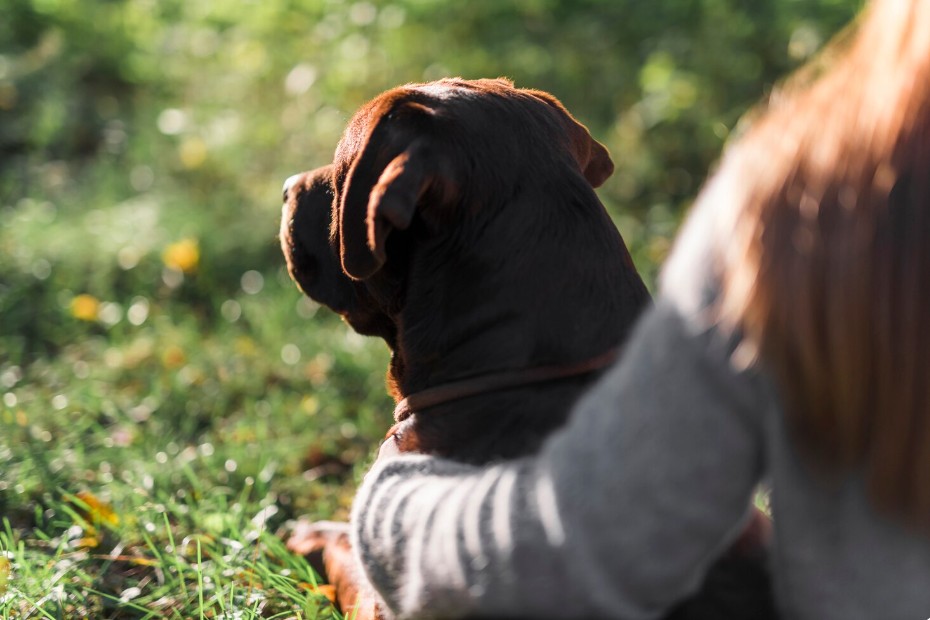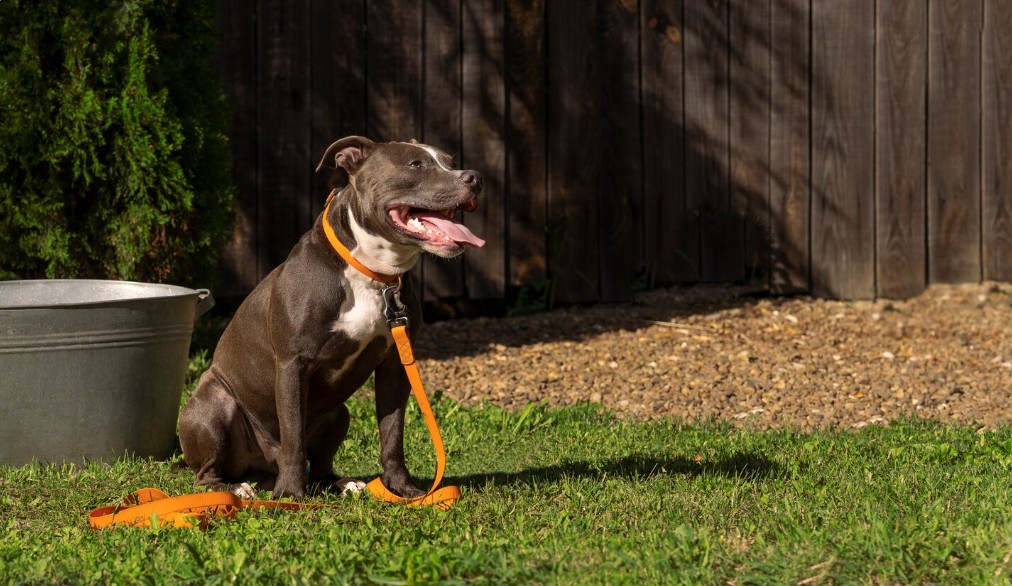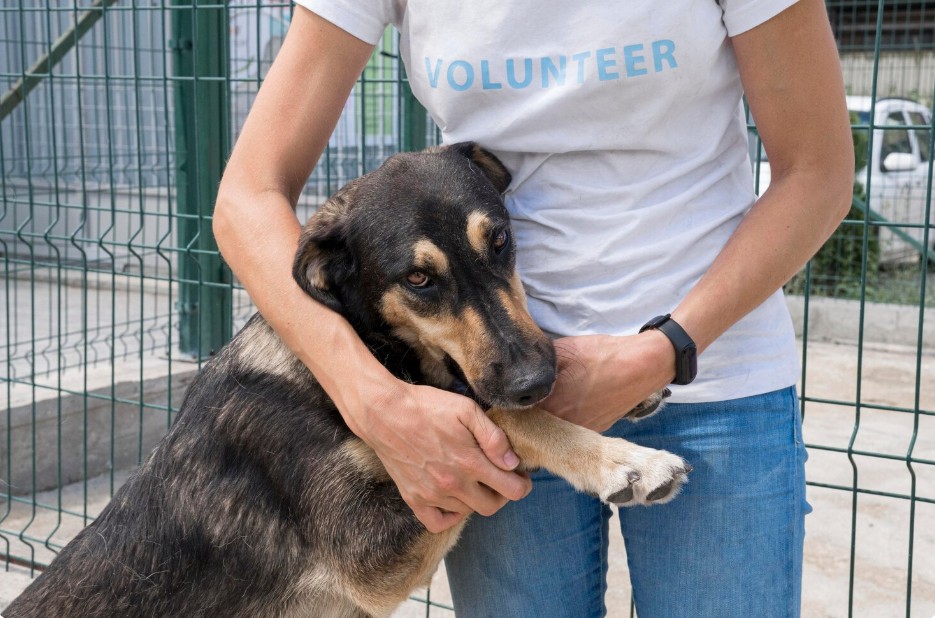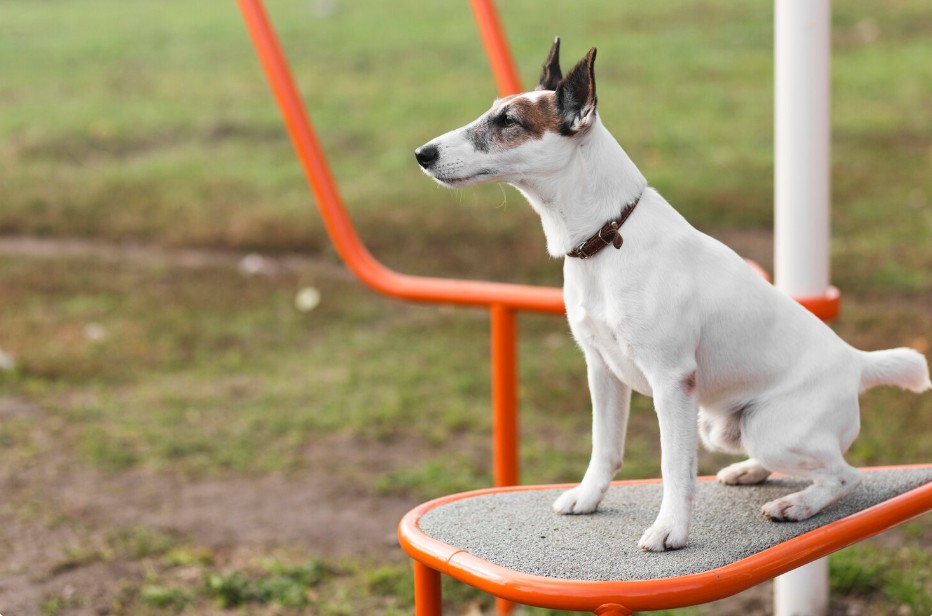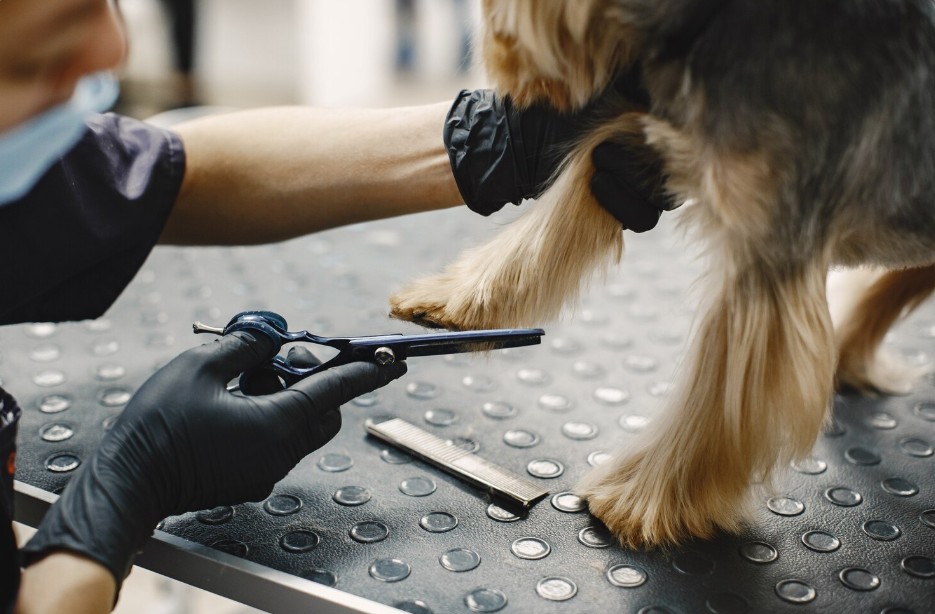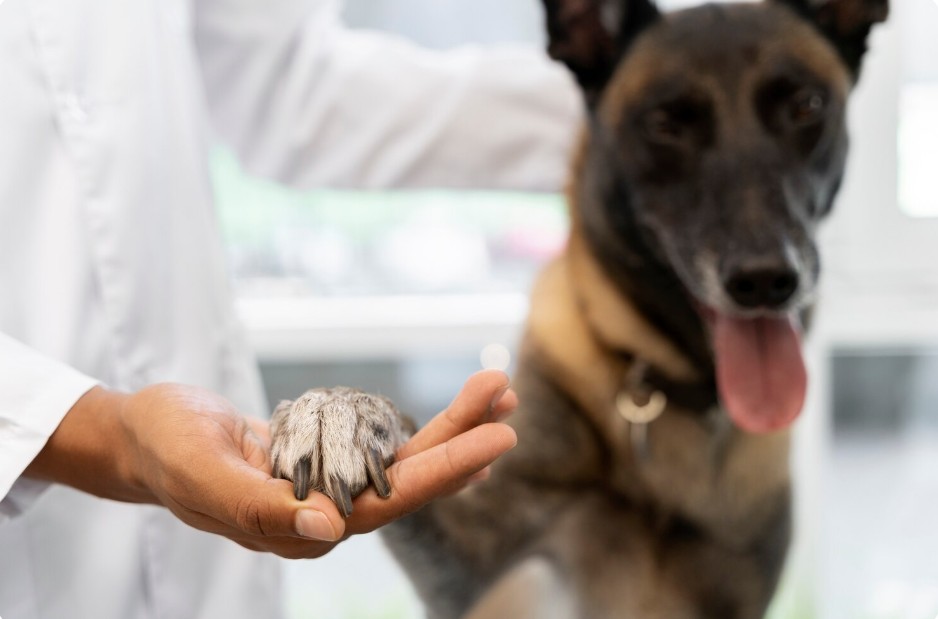If you’ve ever lost a pet, you know that the pain can feel as real and deep as losing a family member. The house feels quieter, the routines suddenly stop, and even small reminders can trigger tears. It’s something few people understand unless they’ve gone through it themselves. For many, the bond with an animal is pure and unconditional, which makes the loss incredibly hard to process.
Grief after losing a pet can take many forms. Some people feel shock, others guilt, and some simply feel empty. There’s no “right” way to grieve, and no timeline that fits everyone. But one thing is certain: no one should have to go through it alone.
The Unique Grief of Losing a Pet
When a pet passes away, it’s not just the loss of a companion. It’s the loss of a constant presence, a source of comfort, and a piece of your everyday life. Pets are woven into our routines — from morning walks to bedtime snuggles. Their absence can leave an emotional gap that’s difficult to fill.
Unfortunately, not everyone understands how deeply this loss can affect someone. Friends or coworkers might say, “It was just a dog” or “You can get another cat.” But grief doesn’t work that way. The bond between humans and animals is profound, and minimizing that bond only adds to the pain.
That’s why turning to pet loss support groups can make such a difference. In these groups, you’ll find people who truly understand what you’re going through. They’ve walked the same path, faced the same heartbreak, and know the importance of simply being heard without judgment.
How Support Groups Provide Healing
Talking about grief is one of the most powerful ways to begin healing. In pet loss support groups, members share stories, express emotions, and talk openly about their memories. It’s a safe, compassionate space where you can cry, laugh, and remember your pet without feeling rushed to “move on.”
Hearing others describe their experiences can be incredibly validating. You start to realize that your feelings are normal, that sadness, anger, and even guilt are part of the healing journey. Support groups help you reframe your grief as love that still exists, even after your pet is gone.
Some groups meet in person, often at veterinary clinics, animal shelters, or community centers. Others are online, allowing people from all over to connect. Virtual groups can be especially helpful for those who might find it too emotional to attend in person or who live in rural areas.
Professional Counseling and Emotional Guidance
While group settings provide peer support, some people benefit from one-on-one sessions. Working with a therapist who specializes in pet grief counseling can help you process feelings that may be too personal or complex to share in a group.
A counselor can help you identify coping strategies that work best for you. For example, they might suggest creating a memorial for your pet, writing letters, or journaling about your emotions. Therapy also gives you tools to deal with guilt, especially if your pet’s passing involved medical decisions or euthanasia. These moments can be emotionally overwhelming, and professional guidance helps you navigate them with compassion rather than self-blame.
Coping with the Emotional Waves
Grief doesn’t follow a straight line. Some days you’ll feel fine, and others the sadness will hit you unexpectedly. Learning to handle those emotional ups and downs is part of coping with pet loss.
It helps to find small rituals that honor your pet’s memory. You could frame a favorite photo, plant a tree, or volunteer at an animal shelter in their honor. Keeping their memory alive in a positive way turns the pain into something meaningful.
Physical self-care also plays a role in recovery. Eating well, staying active, and spending time outdoors can help balance the emotional weight of grief. Remember, healing doesn’t mean forgetting. It means learning how to carry your love for your pet in a new way.
Also Read- Pet Safety Tips: Keep Your Dog Happy and Healthy
The Power of Shared Understanding
One of the most comforting parts of joining a group or seeking counseling is realizing that you are not alone. Others have faced the same heartbreak and found their way through it. Sharing your story helps not only you but also others who are just beginning their healing journey.
Many people say that connecting with others through pet loss support groups helped them rediscover a sense of purpose. Listening to others’ stories and offering your own words of support can be incredibly healing. It creates a sense of community built on empathy, kindness, and shared love for animals.
Learning How to Heal After Losing a Pet
Healing doesn’t mean the pain disappears; it means finding a new balance. Through therapy, support groups, and small personal acts of remembrance, you begin to understand that grief is a reflection of love. You can carry that love forward while still allowing yourself to heal.
If you’re wondering how to heal after losing a pet, the first step is simply acknowledging that your grief is valid. It’s okay to cry, to feel angry, or to miss your pet deeply. Over time, the intensity of those feelings softens. You begin to think of your pet with warmth rather than pain, and that’s a beautiful place to reach.
Moving Forward with Compassion
The loss of a pet changes you, but it also opens your heart in new ways. Many people eventually find comfort by helping other animals or connecting with pet owners who are going through similar experiences. Healing takes time, patience, and self-compassion.
Whether you find comfort through pet grief counseling or by sharing your story in pet loss support groups, remember that it’s perfectly okay to seek help. Talking about your emotions doesn’t make you weak; it’s an act of love for yourself and for the pet who meant so much.

